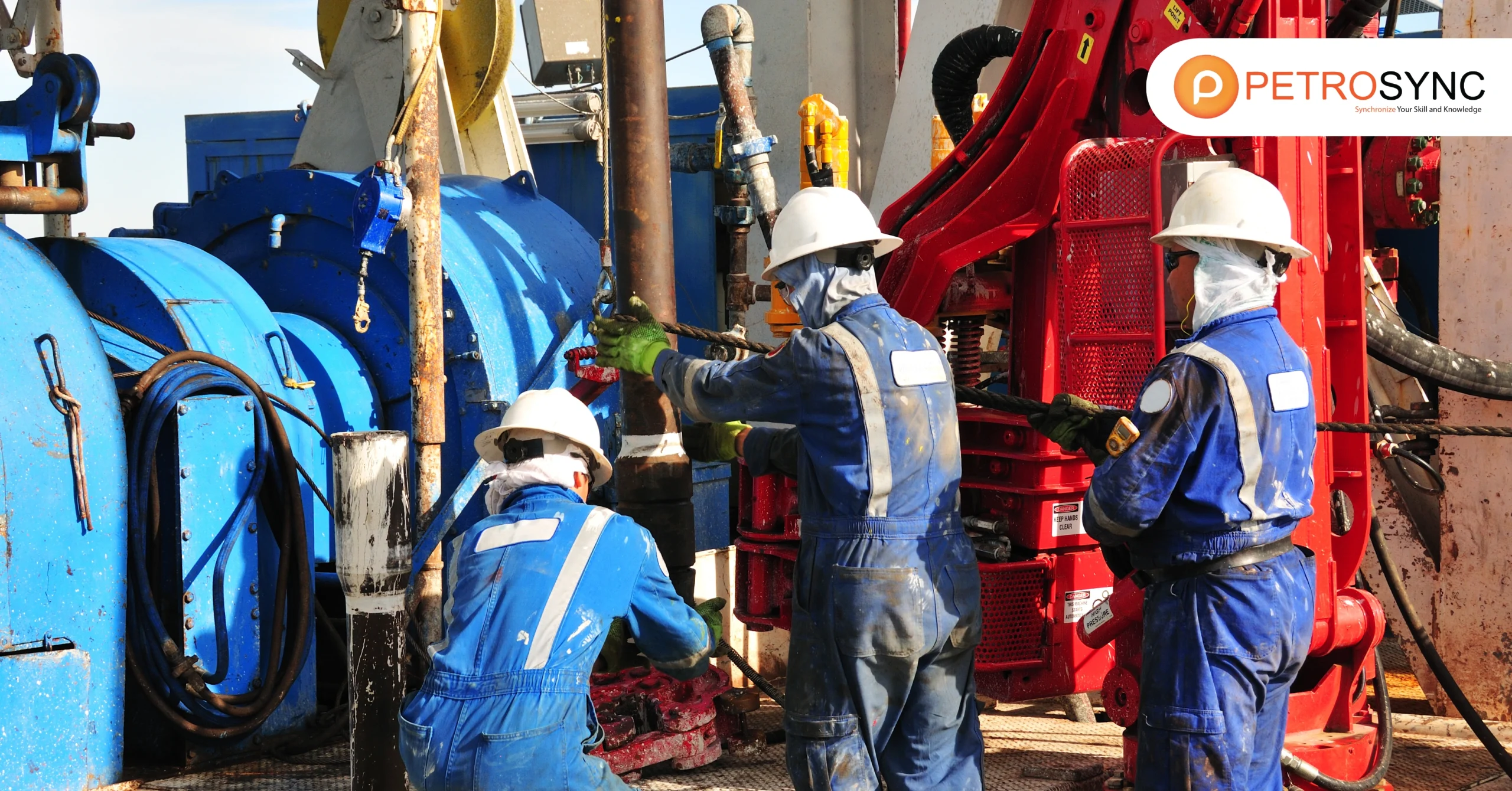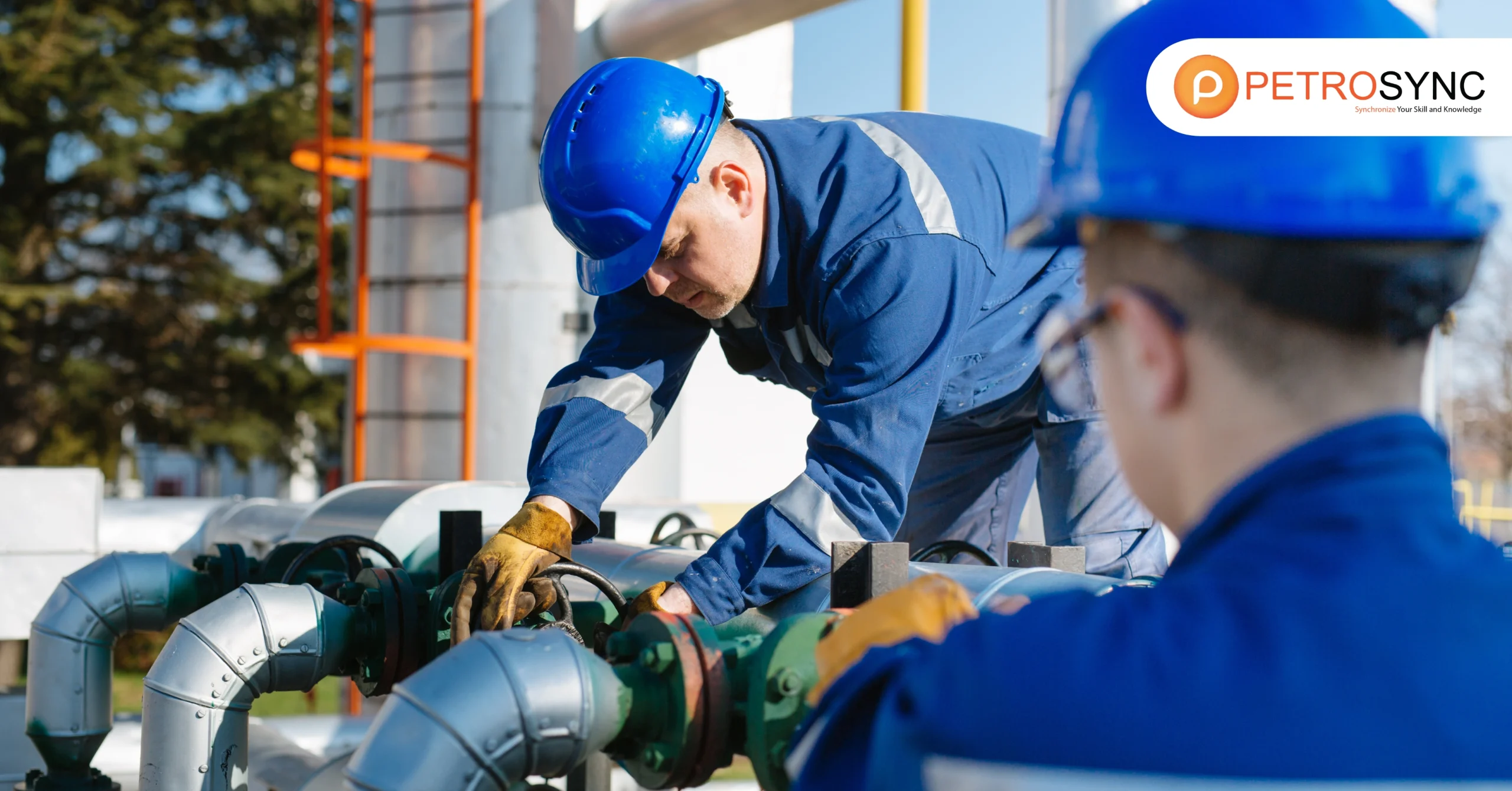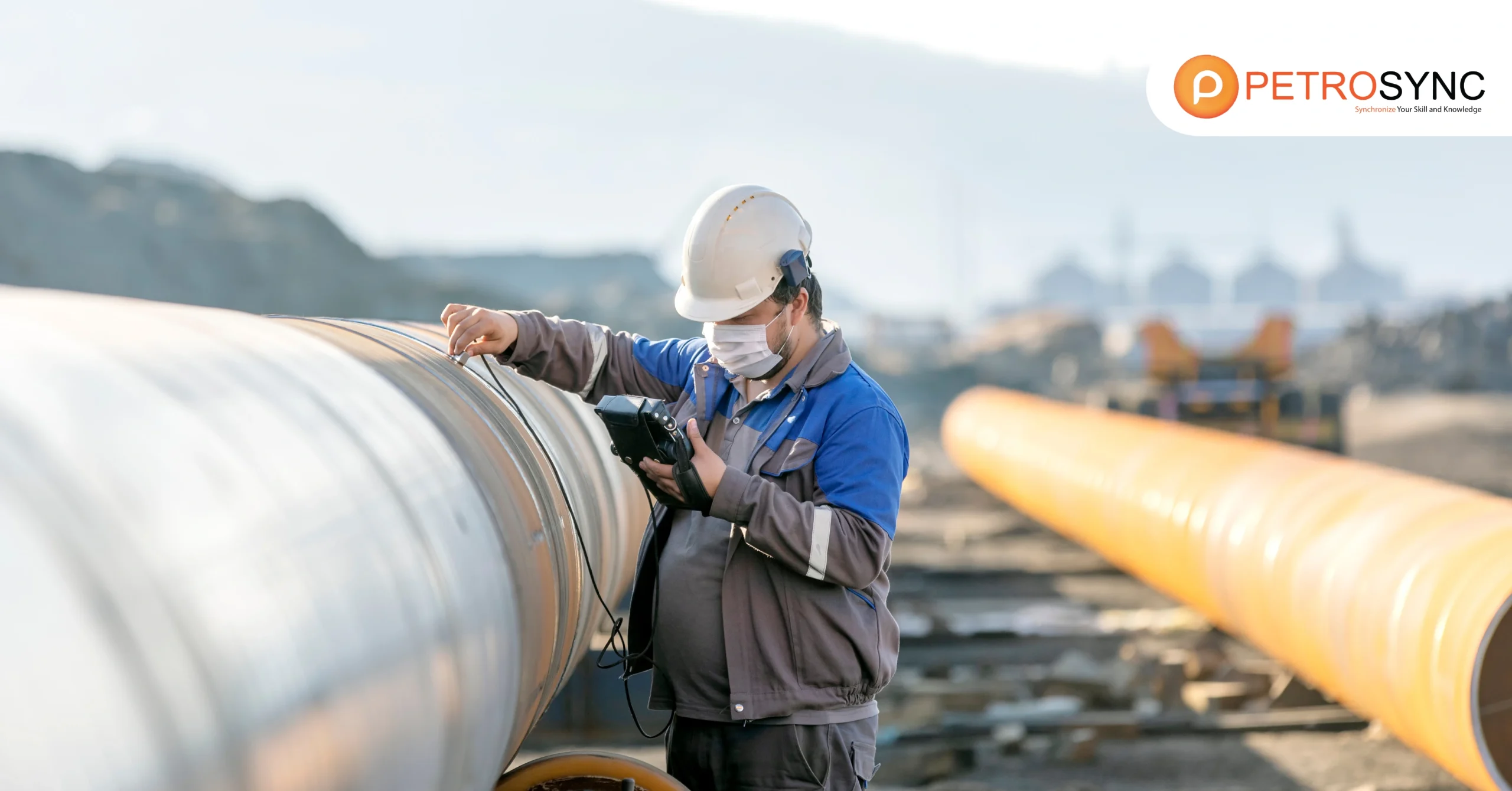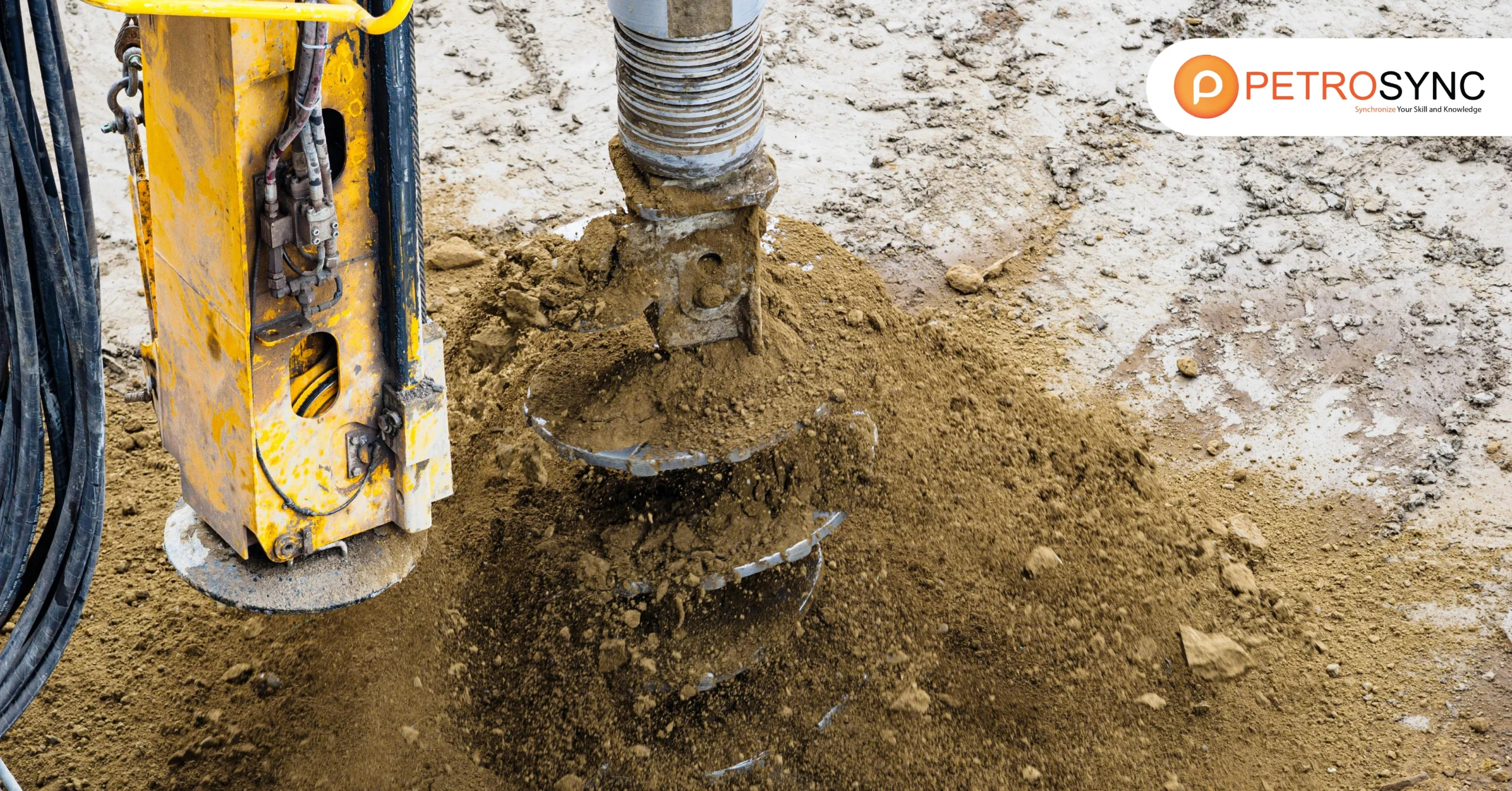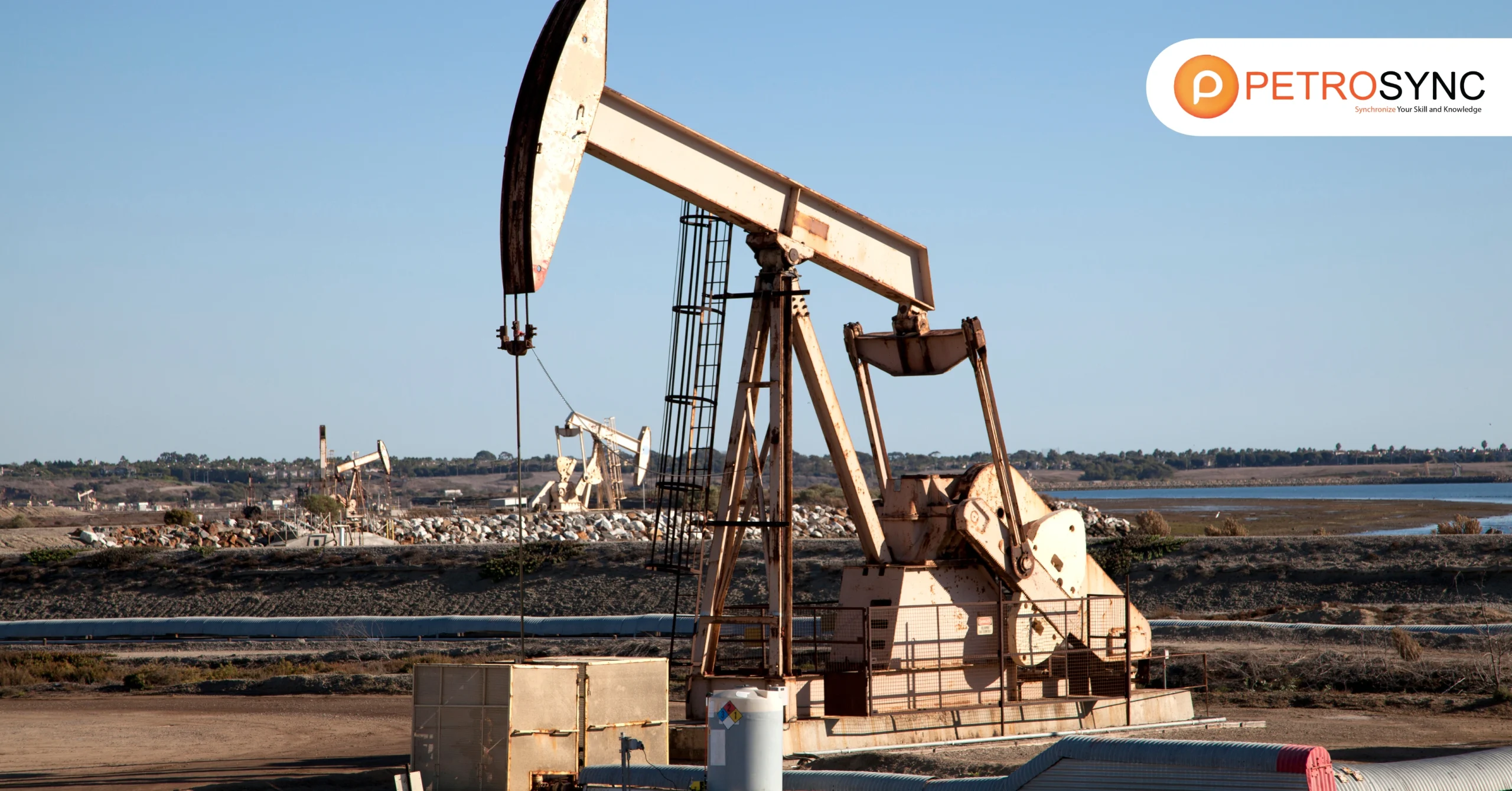In today’s fast-paced and aggressive strength industry, a complete perception of the oil drilling system is more vital than ever. Whether overseeing offshore systems or managing onshore rigs, senior gurus have to hold close the crucial methods and tools to…
Recent Update
View AllIn the tricky panorama of electrical energy exploration, drilling oil rig serve as the backbone of present day extraction operations. These towering structures, regularly considered in every offshore and onshore environments, are more than truly engineering marvels – they are…
In today’s oil and gasoline industry, security and reliability stand as the basis of each and every operation. Non-Destructive Testing (NDT) inspectors are fundamental experts who make sure of the integrity of indispensable infrastructure except inflicting damage. Their understanding helps…
In order to meet the world’s strength needs, an increasing number are required to get right of entry to reserves that are placed a long way from land, under huge ocean floors. Thanks to offshore drilling, a fundamental technological know-how…
In the evolving narrative of world energy, oil continues to play a central feature in powering economies and enabling industrial progress. Yet, at the lower back of each barrel lies an challenging machine considered as oil drilling – a self-control…

